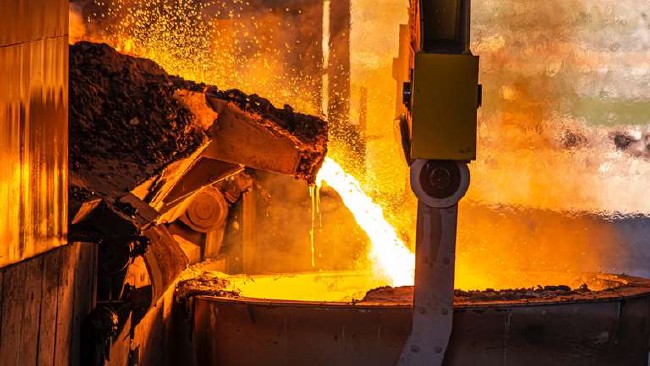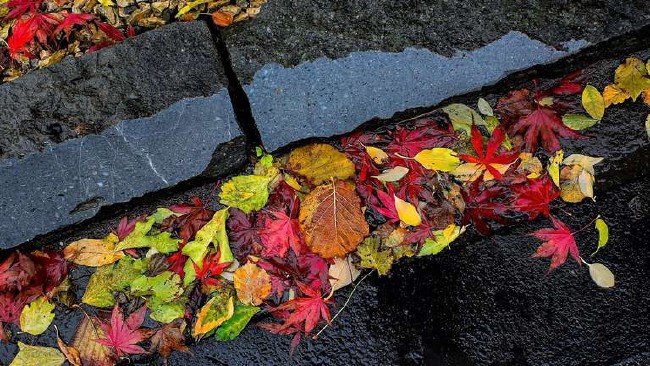A spray technology acts as sunscreen for cities and keeps us cool
Pavement Technology Inc. created an “asphalt rejuvenator” that can reduce heat absorption, remove airborne pollutants and make the road more resistant.
Developed in collaboration with Louisiana State University, the spray is based on titanium oxide, a compound used in many mineral sunscreens, white paints, and pharmaceuticals. Under UV rays, this component absorbs and disperses light and heat, giving the spray its cooling ability.
Moreover, the spray’s “photo catalytic technology” removes nitrogen oxides (NOx), volatile organic compounds (VOC), and other pollutants released by thermic vehicles. According to the company, 1 mile of sprayed pavement can have the same air quality benefits as planting 20 acres of trees.
Cities throughout the US are currently experimenting with this technology under the supervision of researchers at Texas A&M University. Meanwhile, an early experiment at Orlando International Airport suggests that the spray could cut NOx pollution by half.
Why does it matter? Heavily built-up areas often experience what is called the “heat island effect.” In these neighbourhoods - mostly located in low-income areas - heat absorption from buildings and pavement can leave the area up to 4.4 degrees hotter than areas with more trees and green spaces. With the current climate-change-induced heatwaves, this phenomenon could quickly become unsustainable for people who do not have the means to relocate to healthier places.
Adding trees and green spaces is a longer-term solution for tackling the heat island effect and making these neighbourhoods easier to inhabit. In the meantime, this spray technology can have major public health benefits and lower locals’ energy bills.
Related Posts
Swedish company produces the world’s first “green” steel
In Sweden, SSAB, LKAB and Vattenfall launched HYBRIT (Hydrogen Breakthrough Ironmaking Technology) to develop a fossil-free value chain for iron and steel production.
A new pavement technology redirects water into the ground
The American startup AquiPor designed an alternative pavement material that can absorb rainwater.
Zelp masks capture cows’ methane emissions at the source
Francisco Norris and his brother Patricio come from a cattle-ranching family in Argentina. In the UK, they founded Zelp, a company that aims to capture methane emissions at the source.



